2025 Guide to Buying Used Diesel Trucks for Sale: Best Deals & Tips
Introduction
In 2025, the diesel truck market continues to thrive, with used diesel trucks for sale offering a blend of power, durability, and reliability. Whether you're a seasoned truck owner or a first-time buyer, navigating the used truck market can be challenging. This comprehensive guide aims to provide you with essential tips and insights to help you make informed decisions when buying a used diesel truck. From understanding the market trends to negotiating the best deals, we’ll cover everything you need to know.
Understanding the Diesel Truck Market in 2025
The diesel truck market has evolved significantly over the years. In 2025, buyers are more informed and have access to a wealth of information. Diesel trucks are often favored for their towing capacity, fuel efficiency, and longevity. However, the market is not without its pitfalls. Understanding current market trends, diesel technology, and consumer expectations is crucial for making a wise purchase.
Assessing Your Needs
Before diving into the used diesel truck market, it’s essential to assess your needs. Consider the following:
- Purpose: Are you using the truck for work, leisure, or both? Your intended use will dictate the type of truck you need.
- Towing Capacity: If you plan to tow heavy loads, ensure the truck has the necessary towing capacity.
- Fuel Efficiency: Diesel trucks are generally more fuel-efficient than their gasoline counterparts, but you'll still want to consider your typical driving conditions.
- Budget: Set a clear budget, including potential repairs and upgrades after purchase.
Researching Diesel Trucks
Once you've assessed your needs, it's time to research. Familiarize yourself with different brands and models of diesel trucks available in the market. Popular brands include Ford, Chevrolet, RAM, and GMC, each offering unique features and performance capabilities. Online platforms like forums, review sites, and social media groups can provide valuable insights from current owners. Consider the following:
- Reliability: Look for models known for their durability and low maintenance costs.
- Features: Determine which features are non-negotiable for you—such as four-wheel drive, bed size, or cabin features.
- Fuel Economy: Check the fuel economy ratings for different models, especially if you plan to use the truck for long distances.
Where to Find Used Diesel Trucks for Sale
Finding the right used diesel truck involves exploring various avenues:
- Online Marketplaces: Websites like Autotrader, Cars.com, and Craigslist frequently list used diesel trucks. You can filter by make, model, price, and location to find the best options.
- Dealerships: Authorized dealerships often have certified pre-owned options that come with warranties and vehicle history reports.
- Auctions: Truck auctions can offer some great deals, but they require careful inspection and sometimes quick decision-making.
- Local Classifieds: Don’t overlook local newspapers and community boards, where private sellers may list their trucks.
Inspecting a Used Diesel Truck
Once you’ve identified a potential truck, it's crucial to conduct a thorough inspection. Here are some key areas to focus on:
- Exterior: Look for signs of rust, dents, or damage. Check the condition of the tires and ensure they are wearing evenly.
- Interior: Inspect the cabin for wear and tear, functioning electronics, and overall cleanliness. Ensure the seats and upholstery are in good condition.
- Engine: Check for any visible leaks, corrosion, or unusual sounds when the engine is running. It's advisable to have a mechanic perform a pre-purchase inspection.
- Under the Hood: Inspect the oil and coolant levels. Look for any signs of neglect, such as dirty filters or worn belts.
Understanding Vehicle History Reports
Before finalizing your purchase, obtain a vehicle history report using the truck's VIN (Vehicle Identification Number). Services like Carfax or AutoCheck provide essential information, including:
- Accident History: Check if the truck has been in any major accidents and how it was repaired.
- Service Records: A well-documented service history can indicate that the previous owner took good care of the vehicle.
- Title Status: Ensure the title is clean and that the truck isn’t salvage or rebuilt.
Negotiating the Price
Once you’ve completed your inspection and reviewed the vehicle history report, it’s time to negotiate the price. Here are some tips to help you get the best deal:
- Know the Market Value: Research the average market price for the specific make and model with the same mileage and condition.
- Be Prepared to Walk Away: Don’t be afraid to walk away if the price doesn’t meet your budget. There are always other options available.
- Point Out Flaws: If you noticed any issues during your inspection, use them to justify a lower price.
- Discuss Financing Options: If you're financing the truck, inquire about flexible payment options that could lower your monthly payments.
Considering Additional Costs
When buying a used diesel truck, it’s important to consider additional costs that may arise after your purchase:
- Insurance: Diesel trucks can have higher insurance premiums due to their value and potential for heavy usage.
- Maintenance: Diesel engines may require more specialized maintenance, which can be more expensive than gasoline engines.
- Fuel Costs: While diesel fuel is often cheaper than gasoline, it’s wise to factor in fuel costs based on your expected driving habits.
- Registration and Taxes: Don’t forget to account for vehicle registration fees and any applicable taxes when budgeting for your purchase.
Test Driving the Truck
Before making a final decision, take the truck for a test drive. Pay attention to how it handles, accelerates, and brakes. Here are some aspects to evaluate during the test drive:
- Acceleration: Does the truck accelerate smoothly? Listen for any unusual noises from the engine.
- Braking: Ensure the brakes respond effectively without any grinding or squeaking sounds.
- Comfort: Assess the comfort of the seats, visibility through the windshield, and the overall driving experience.
- Technology: Test any onboard technology, such as navigation systems, Bluetooth connectivity, and dashboard features.
Finalizing the Purchase
If you’re satisfied with your inspection and test drive, it’s time to finalize the purchase. Here are the steps to take:
- Negotiate Final Price: Confirm the final sale price and have all agreements in writing.
- Payment Method: Decide on your payment method—cash, financing, or trade-in options. Make sure to keep records of all transactions.
- Transfer Title: Ensure the title is transferred to your name and that all necessary paperwork is completed.
- Get Insured: Before driving off, make sure you have insurance coverage in place for your new truck.
Post-Purchase Maintenance Tips
After successfully purchasing your used diesel truck, maintaining it is crucial for longevity and performance. Here are some maintenance tips to keep your truck in optimal condition:
- Regular Oil Changes: Change the engine oil and oil filter regularly to keep the engine running smoothly.
- Monitor Fluid Levels: Regularly check and top off fluids such as coolant, brake fluid, and transmission fluid.
- Tire Maintenance: Rotate tires regularly and keep them properly inflated to enhance fuel efficiency and handling.
- Brake Inspections: Have your brakes inspected periodically and replace worn brake pads promptly.
- Fuel System Care: Use high-quality diesel fuel and consider using fuel additives to keep the fuel system clean.
Conclusion
Buying a used diesel truck in 2025 can be a rewarding experience, especially when armed with the right knowledge and preparation. By understanding the market, assessing your needs, conducting thorough inspections, and negotiating effectively, you can find a reliable truck that meets your expectations. Remember to factor in additional costs, prioritize maintenance, and enjoy the journey that comes with owning a powerful diesel truck. With this guide, you’re now equipped to make a confident and informed decision on your next used diesel truck purchase.
Explore
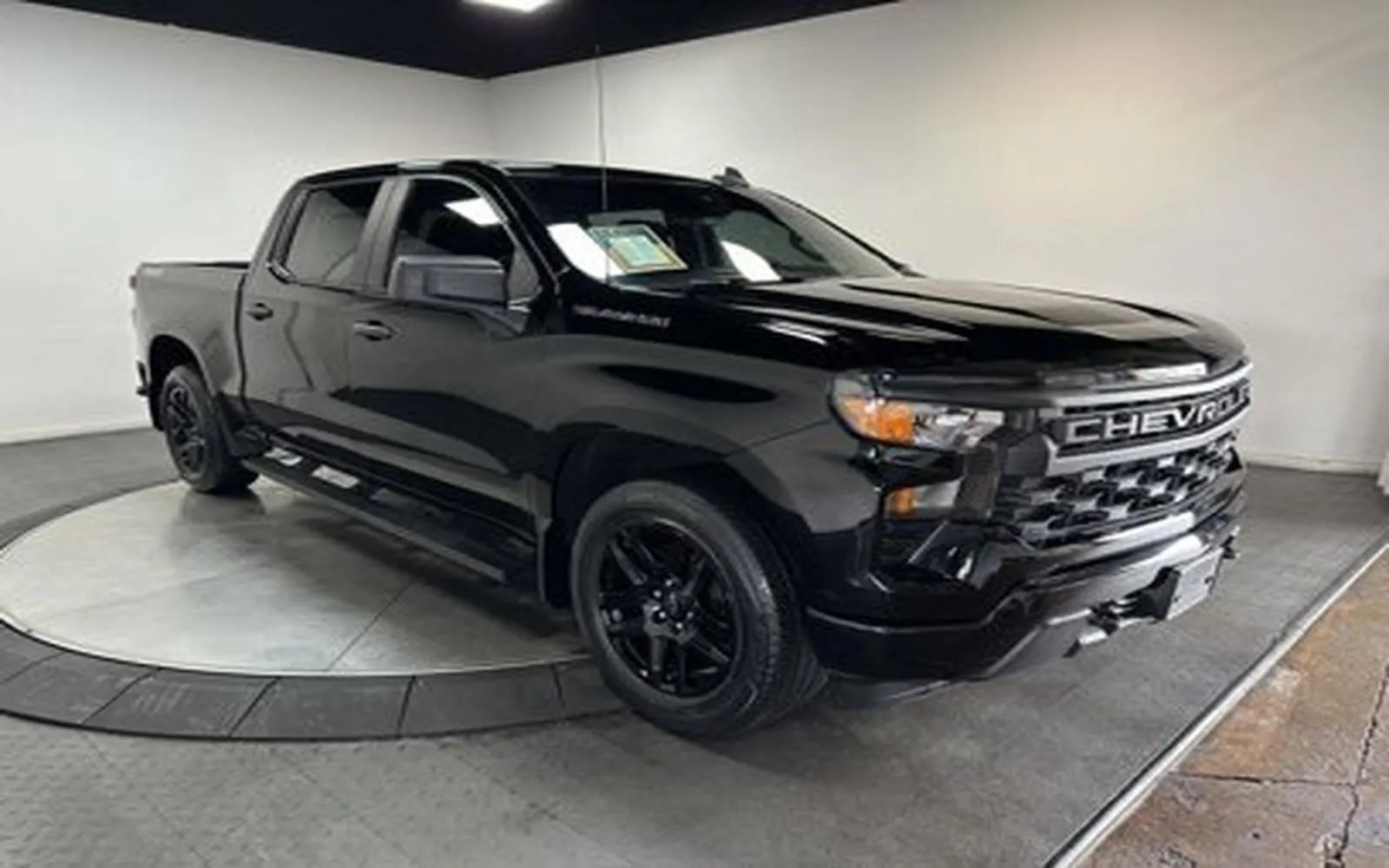
Used Trucks to Consider in 2025: Your Ultimate Buying Guide
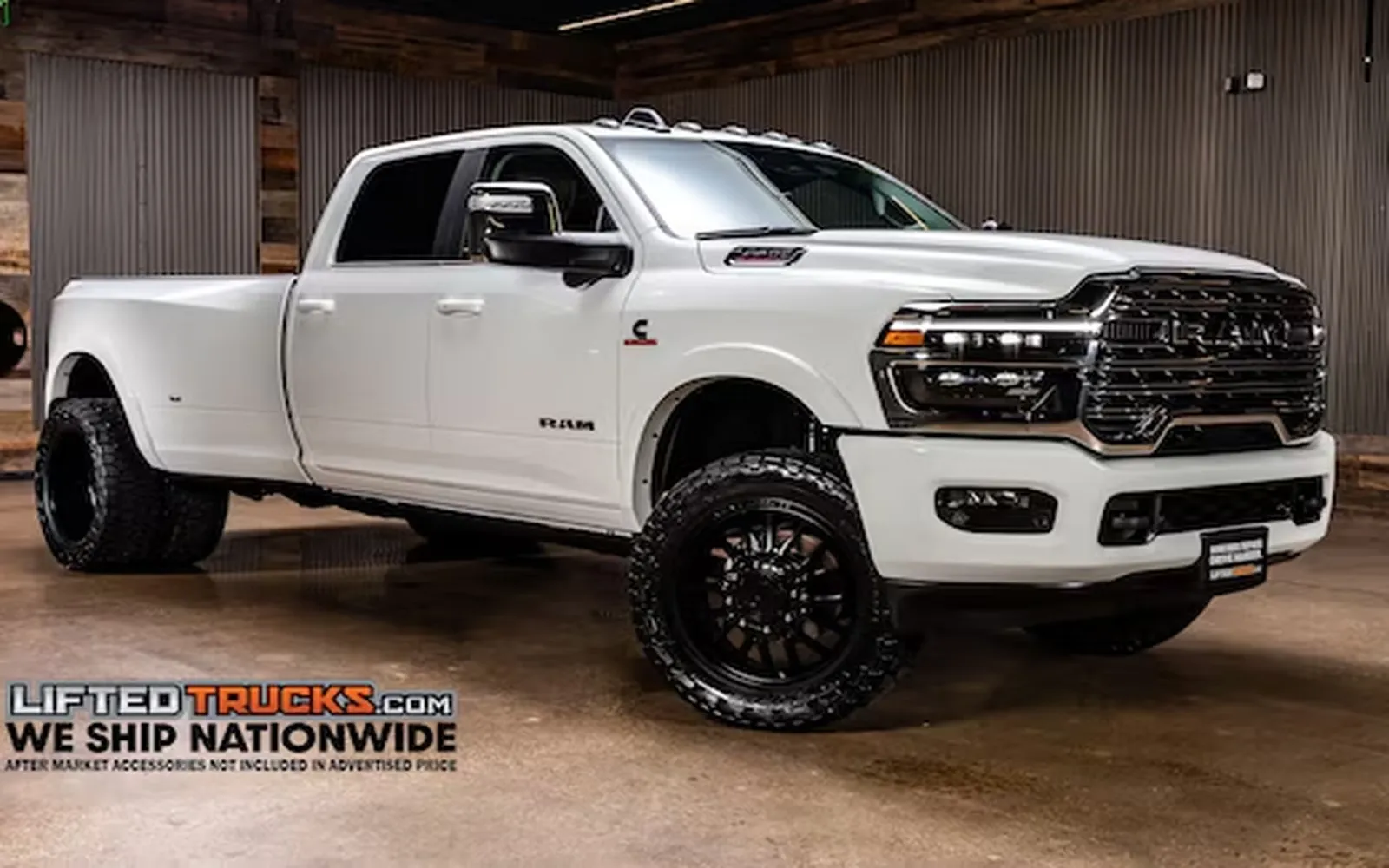
Diesel Trucks of 2025: Performance, Innovation, and Sustainability Trends
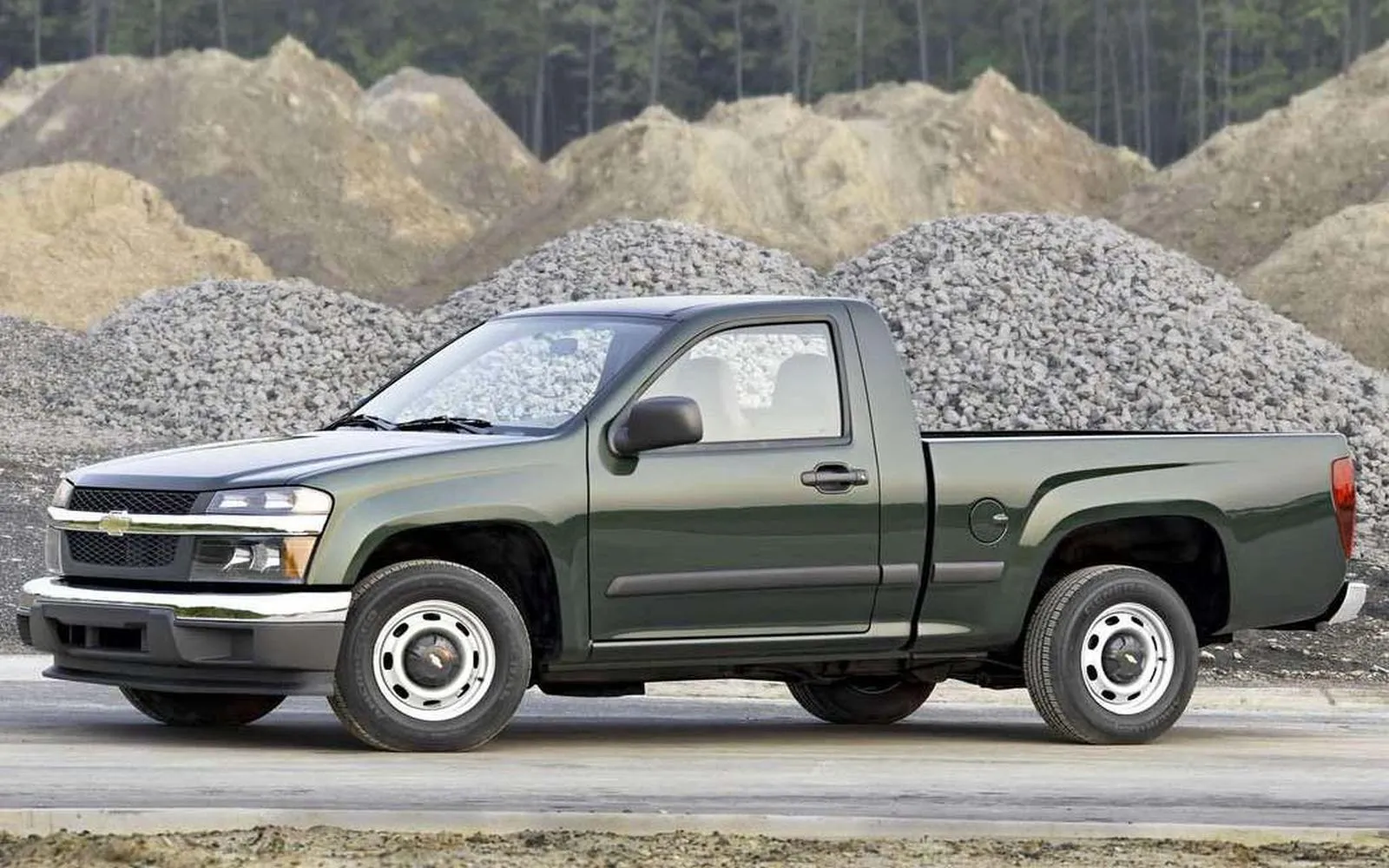
10 Used Pickup Trucks to Buy in 2025: Your Ultimate Guide to Reliability and Value

2025 Guide to Electric Cars for Seniors: Models, Benefits, and Buying Tips

2025 Electric Pickup Trucks: Revolutionizing the Future of Eco-Friendly Hauling
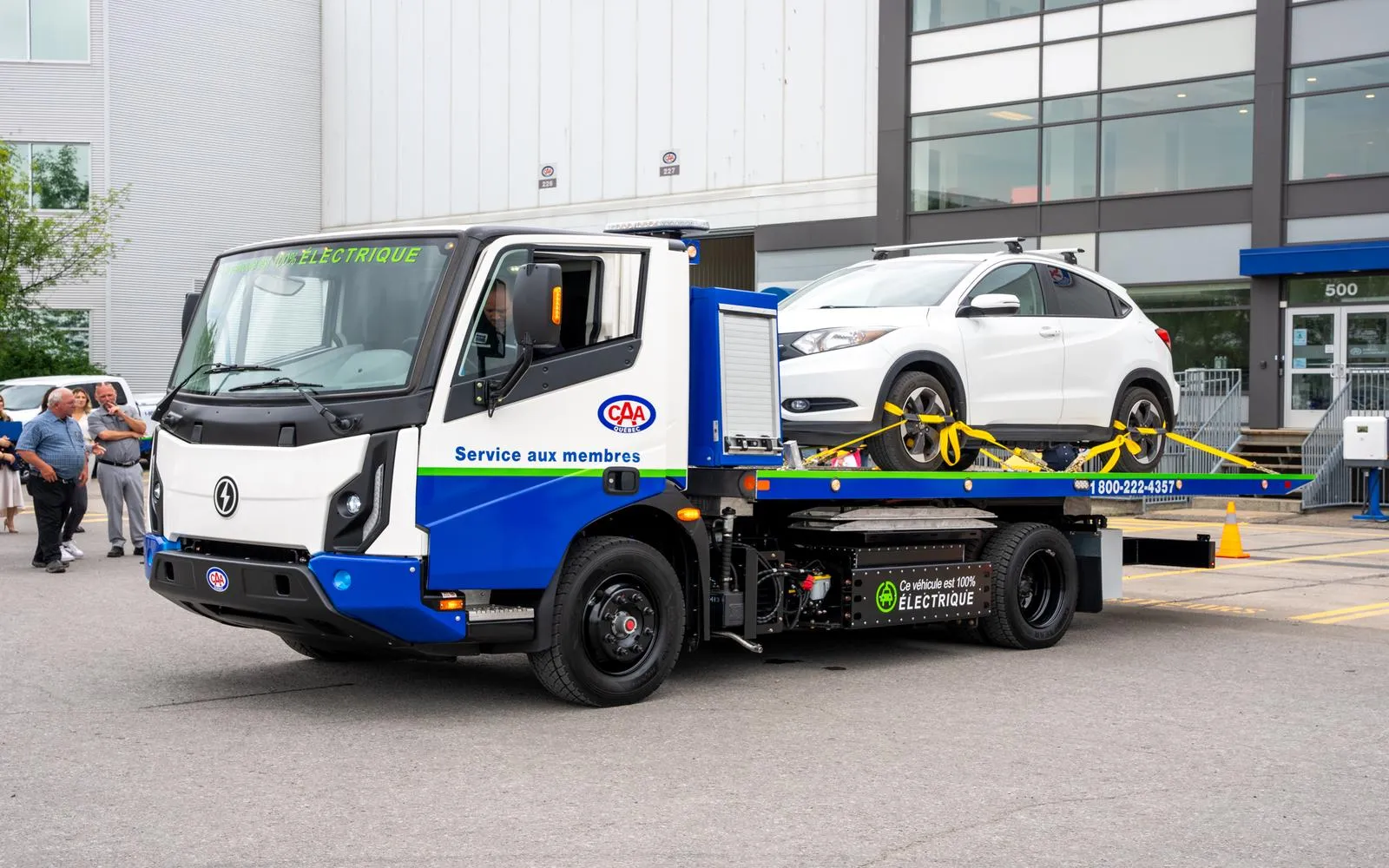
2025 Electric Trucks for Towing: The Future of Heavy-Duty Hauling

Revolutionizing the Road: The Electric Trucks to Watch for in 2025
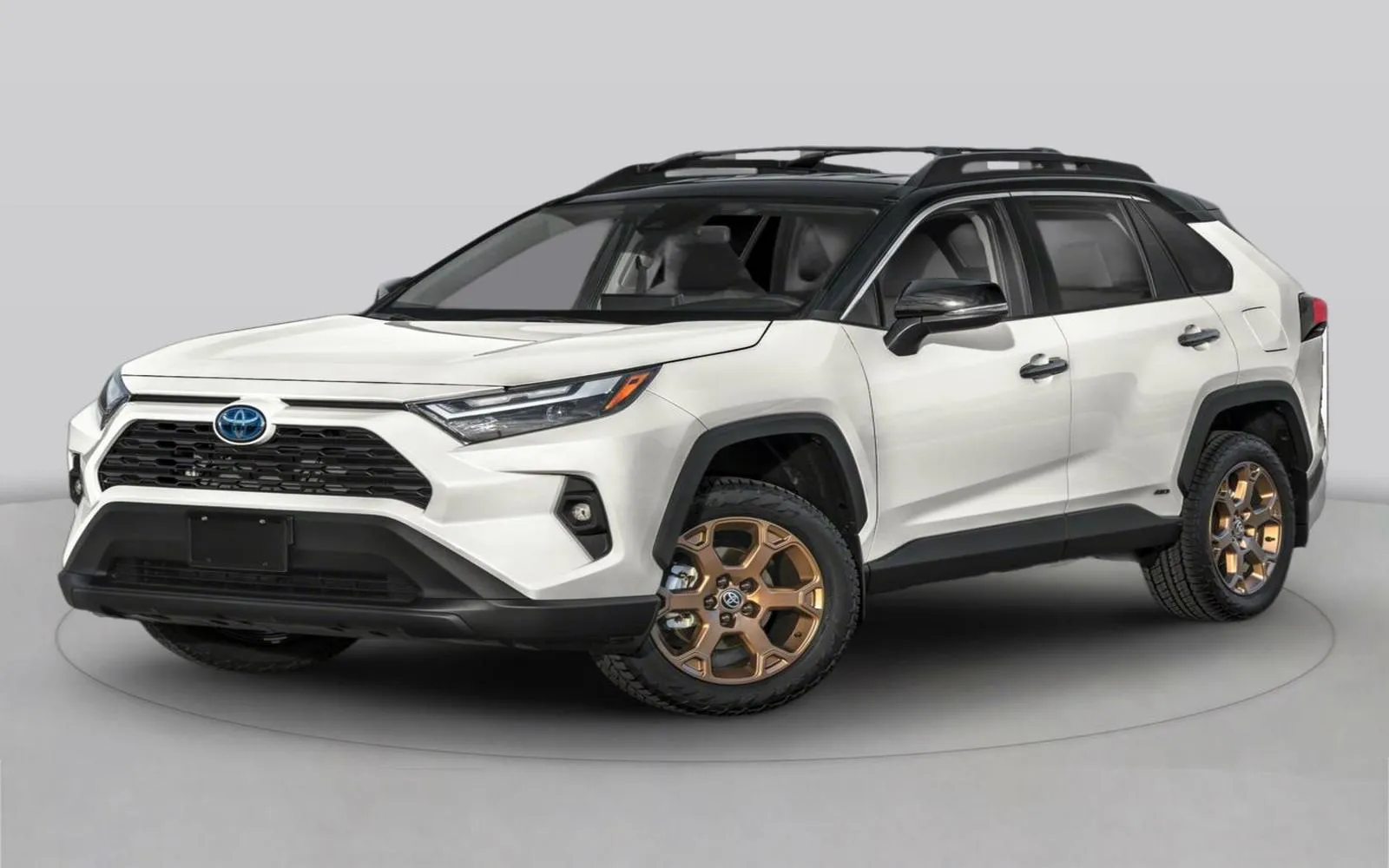
Certified Used Toyota RAV4: Quality, Reliability & Smart Savings
